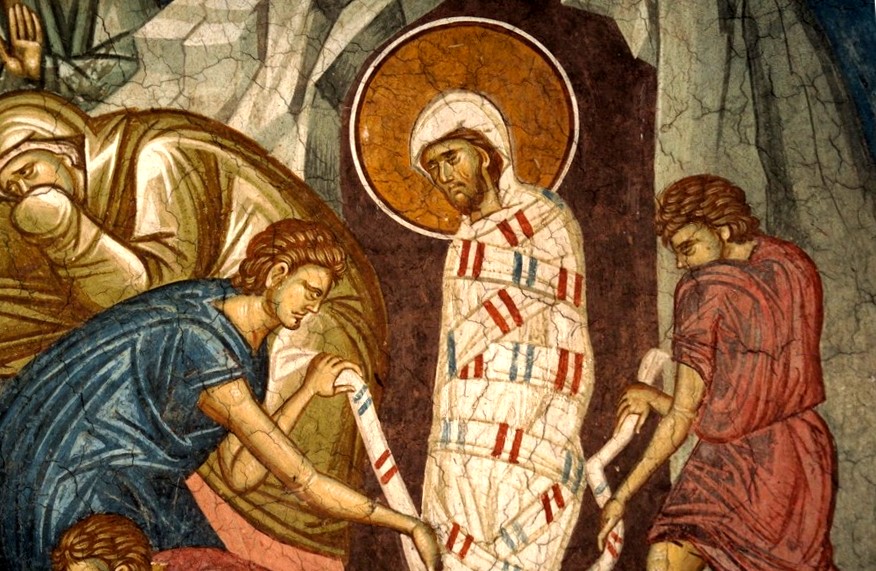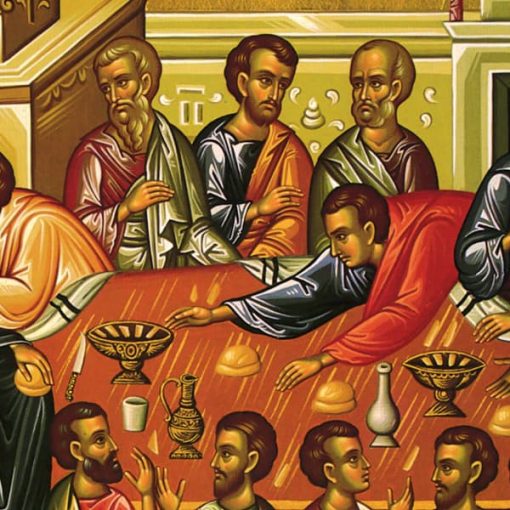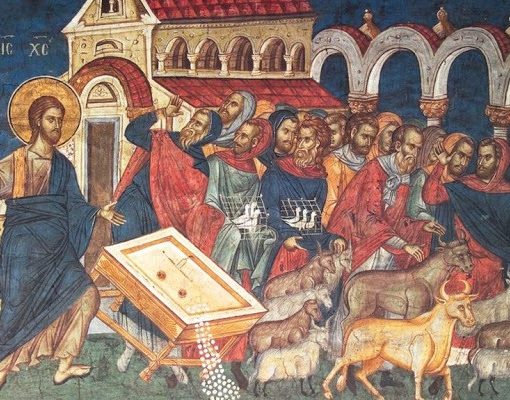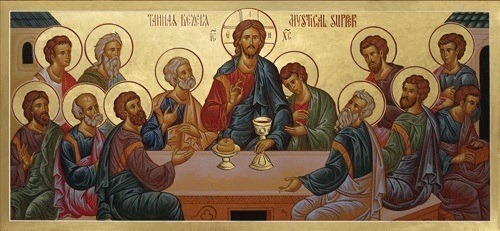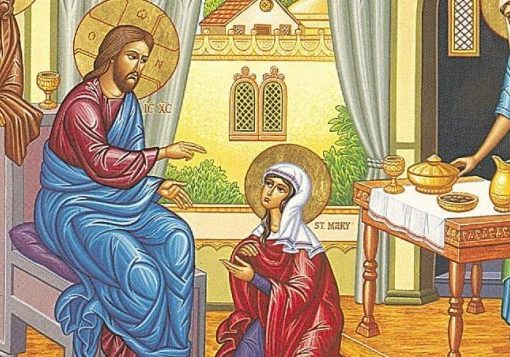Two Gospels give us the name of Lazarus: John, and Luke. It is mainly the account given in John that we commemorate on Lazarus Saturday; that is the account that narrates the natural death of the brother of Mary and Martha of Bethany, Lazarus, friend to Jesus.
John continues to tell of Jesus resurrecting dead Lazarus from his tomb, and how the witness of this resurrection convinced the belief in Jesus by many Jews. Luke’s account of Lazarus is something completely different, but with an interesting parallel.
According to Luke, Lazarus is the name of a beggar who has died and is receiving comfort by Abraham’s side, while a rich man who has also died receives torment. At the conclusion of Luke’s account of Lazarus, the rich man has begged Abraham to resurrect Lazarus to warn his family against living and dying outside of God’s grace; when the man insists that a resurrected dead man would convince them of what the Law and the Prophets did not, Abraham refuses him at last by saying, “If they do not listen to Moses and the Prophets, they will not be convinced even if someone rises from the dead.
”It amuses me greatly that is was precisely by the witness of the dead-and-resurrected Lazarus according to John that so many did, in fact, come to follow Jesus.
Christ embodies two natures, fully human and fully divine. It affords us an enrichment of the soul to contemplate both, and so John’s Gospel gives us this chance to mourn with earthly Jesus as he wept for his dead friend, and also to praise and adore heavenly Christ, the con-substantial Son of the Father who carries by His Word all the power and authority of the Father and the Holy Spirit, against whom death did not, does not, and shall not prevail.
As we hope in Christ for our own salvation from death, let Lazarus offer us witness that that hope shall not be in vain.
AMEN.
